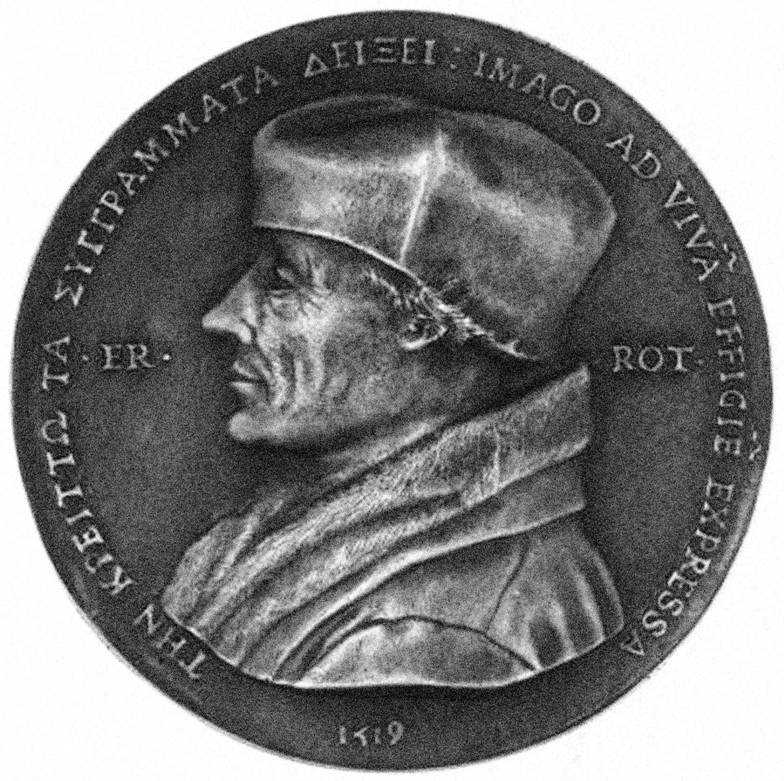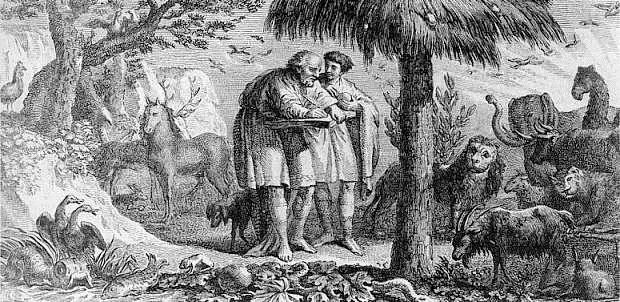Academia Europaea#
(The Academy of Europe)#
Award of the Academia Europaea Erasmus Medal #
Monday 7 September 2015, Darmstadt#
Sponsored by
The Council of the Academia Europaea are pleased to award the Erasmus Medal to the internationally renowned Classicist;
Professor Edith Hall MAE (London) #
The Erasmus Medal of the Academia Europaea is awarded on the recommendation of the Council, to a member who has maintained over a sustained period, the highest level of international scholarship and recognition by peers.
Professor Hall will deliver the 2015 Heinz-Nixdorf Erasmus Lecture:
“Master of Those Who Know”: Aristotle as Inspiration for the 21st-century Academician?
The Laudation will be given by Professor Svend Erik Larsen MAE (Aarhus)
Professor Edith Hall
King’s College London
TITLE OF PRESENTATION#
“Master of Those Who Know”: Aristotle as Inspiration for the 21st-century Academician?ABSTRACT OF PRESENTATION#
Of all the great minds of antiquity, Aristotle’s is the one which most clearly celebrated curiosity for its own sake and has most profoundly affected how we all do literature, philosophy and science. But his historically contingent ideas about women, slaves, empires and elites, decontextualised from their expression in a single treatise—his Politics—have recently tended to eclipse his monumental achievements in other fields: Aristotle wrote over a hundred and fifty other treatises which changed intellectual history for ever. There was no constituent of the universe in which he was not interested, whether it was empirically discernible to the senses (plants, animals, planets), or lying beneath and beyond the perceptible surface of things (ethical impulses, principles of logic, time, chance).
This illustrated lecture first traces some key moments in the history of the reception, perception, representation and influence of the man whom Dante called simply ‘master of those who know’, il Maestro di color che sanno — Aristotle of Stageira. It then asks whether celebrating certain aspects of Aristotle’s thought and its reception could bolster all our academic endeavours today. These aspects include his insistence of identifying a-theological causes while respecting the practice of religion, his assumption of the inter-relatedness of the natural environment and human activity, his importance to both Arabic and ‘western’ traditions of intellectual and scientific enquiry, and his emphasis on individual mental fulfilment and virtue-based happiness, responsible to the wider community, rather than wealth acquisition, as the primary goal of human life.
BIOGRAPHICAL NOTE#
Edith Hall is Professor in the Department of Classics and Centre for Hellenic Studies at King’s College London and Chairman of the Gilbert Murray Trust. Her research interests cover ancient Greek literature, thought, politics and culture and their reception in modern times. One specialism is ancient theatre; she is also Co-Founder and Consultant Director of the Archive of Performances of Greek & Roman Drama at the University of Oxford. She was awarded her doctoral degree at Oxford in 1988; her thesis Inventing the Barbarian, a study of the representation of ethnicity in Greek tragedy, won the Hellenic Foundation annual prize for the best PhD in Greek Studies. It was published by OUP in 1989. She taught at the universities of Oxford, Cambridge, Reading, Durham and Royal Holloway before taking up her present position; she has also held visiting appointments at Swarthmore College, PA, Northwestern University, IL, Leiden and Erfurt.She has published over twenty books, both monographs and edited volumes, most recently Introducing the Ancient Greeks: From Bronze Age Seafarers to Navigators of the Western Mind (2014, Bodley Head). Her monograph Adventures with Iphigenia in Tauris: A Cultural History of Euripides’ Black Sea Tragedy (OUP 2013) won a Goodwin Award of Merit from the American Philological Association.
She appears regularly on BBC Radio and TV, has acted as Consultant to numerous professional theatres including the Royal Shakespeare Company and the National Theatre, and writes in Times Literary Supplement, The Guardian, The Times, and New York Review of Books. She has been awarded research grants by numerous funding bodies including the Leverhulme Trust and the British Academy. In 2012 she accepted a Humboldt Research Award. Her current research, funded by the Arts and Humanities Research Council UK, Classics and Class in Britain 1789-1939 (http://www.classicsandclass.info
 ) investigates the exciting historical uses made of ancient Greek and Roman culture beyond the scholarly community.
) investigates the exciting historical uses made of ancient Greek and Roman culture beyond the scholarly community.
http://www.kcl.ac.uk/artshums/depts/chs/people/academic/hall/index.aspx

http://edithhall.co.uk

1. Heinz Nixdorf Stiftung is - together with Stiftung Westfalen - one of the two non profit foundations, which have been established from the assets of the estate of the entrepreneur Heinz Nixdorf, who died in 1986. The foundation promotes the following purposes:
a) the (advanced) professional education, especially in the field of modern technology
b) the sciences in respect of research and teaching, especially in the field of information technology,
c) the liberal and democratic governmental system, especially the "Soziale Marktwirtschaft"
d) public health,
e) sports.
The foundation realizes its purposes primarily in cooperation with other non profit institutions.
Heinz Nixdorf Stiftung promotes among others the Heinz Nixdorf MuseumsForum in Paderborn. This is a non profit istitution combining in a unique way the classic historic dimension of a museum with the current and future-oriented topics of a forum.
Heinz Nixdorf MuseumsForum is the largest computer museum of the world.
Further information about the Heinz-Nixdorf Stiftung can be found at http://www.heinz-nixdorf-stiftung.de #
#
DOCUMENTS






